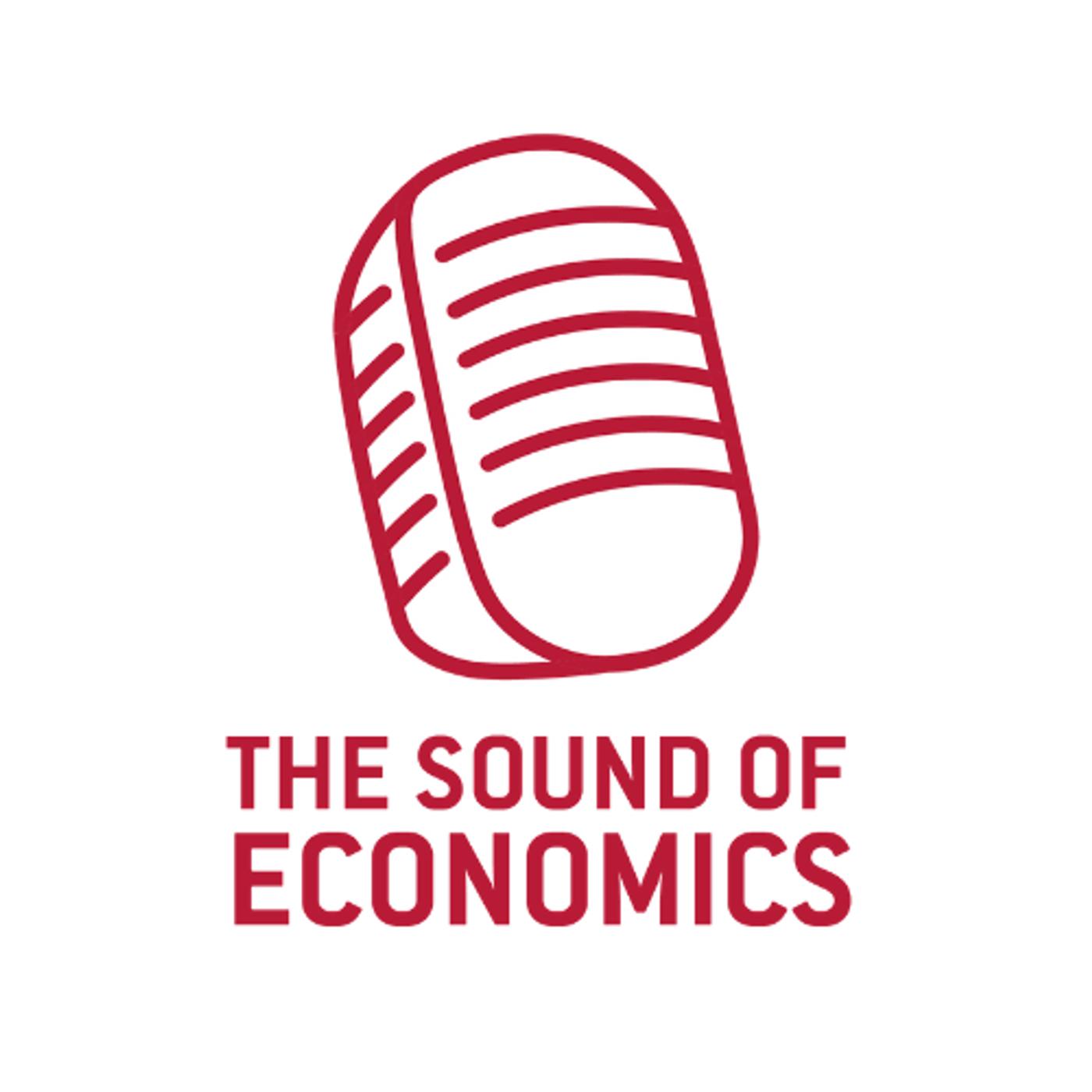No episode playing

The Sound of Economics brings you insights, debates, and research-based discussions on economic policy in Europe and beyond. The podcast is produced by Bruegel, an independent and non-doctrinal think tank based in Brussels. It seeks to contribute to European and global economic policy-making through open, fact-based, and policy-relevant research, analysis, and debate.